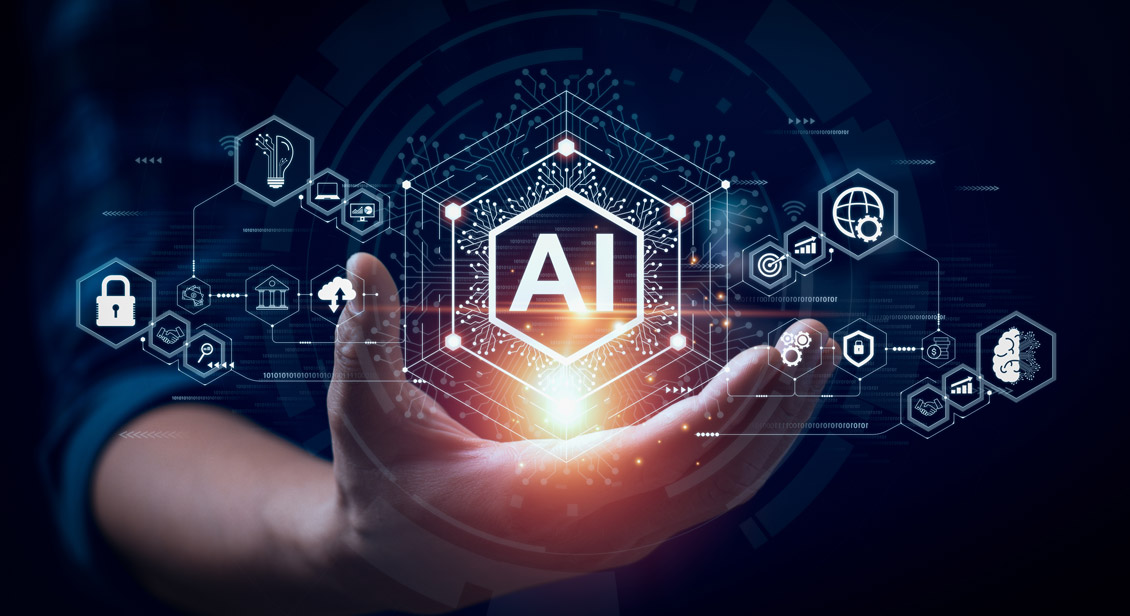Governance in the 21st century is undergoing a transformation driven by the rapid evolution of technology. Among the most influential forces shaping policy frameworks is the integration of Artificial Intelligence (AI) and Big Data analytics. India, as one of the world’s fastest-growing economies and a thriving democracy, is leveraging these technologies to enhance decision-making, optimize resource allocation, and foster inclusive development. As we stride toward Vision 2047 of transforming India into a technology-driven economy, the infusion of AI and Big Data in governance will become a critical determinant of India’s success in addressing complex societal challenges.
AI has introduced data-driven decision-making capabilities that enhance the efficiency and effectiveness of public policy. Machine learning models, natural language processing, and predictive analytics empower government agencies to analyze vast datasets, identify patterns, and make informed interventions. India’s Aadhaar-based Direct Benefit Transfer (DBT) system exemplifies AI’s impact, ensuring welfare schemes reach beneficiaries without leakages. Similarly, AI-driven predictive policing has helped law enforcement agencies enhance crime prevention through data-backed strategies.
Big Data serves as the backbone of AI-driven policymaking. The Indian government has adopted data-centric initiatives like the National Data Governance Framework Policy to streamline data-sharing mechanisms across institutions. The CoWIN platform, which facilitated India’s COVID-19 vaccination drive, stands as a testament to how real-time data can be harnessed for large-scale public health interventions. Additionally, Big Data is instrumental in agriculture, where AI-powered forecasting models help farmers optimize crop yield and mitigate climate risks.
Despite its advantages, AI and Big Data in governance present challenges related to privacy, algorithmic bias, and the digital divide. Ensuring data protection through legislative frameworks like the Digital Personal Data Protection Act is crucial. Furthermore, AI models must be trained on diverse datasets to prevent biases that could inadvertently reinforce social inequalities. Bridging the urban-rural digital divide will be pivotal in ensuring that technological advancements benefit all citizens equitably.
To fully capitalize on AI and Big Data, India must foster collaboration between the government, academia, and the private sector. Upskilling civil servants in AI literacy, investing in indigenous AI research, and promoting open-data policies will be key. By responsibly embedding AI and Big Data into governance structures, India can build a policy ecosystem that is transparent, efficient, and citizen-centric.
The convergence of AI and Big Data with public policy is no longer futuristic but an ongoing reality. India’s governance model is evolving to accommodate these technological advancements, creating an ecosystem responsive to dynamic socio-economic challenges. As we move towards Vision 2047, the responsible and equitable deployment of AI and Big Data will be instrumental in shaping an inclusive and progressive India.
The views and opinions expressed here belong solely to the author and do not reflect the views of BlueKraft Digital Foundation.







